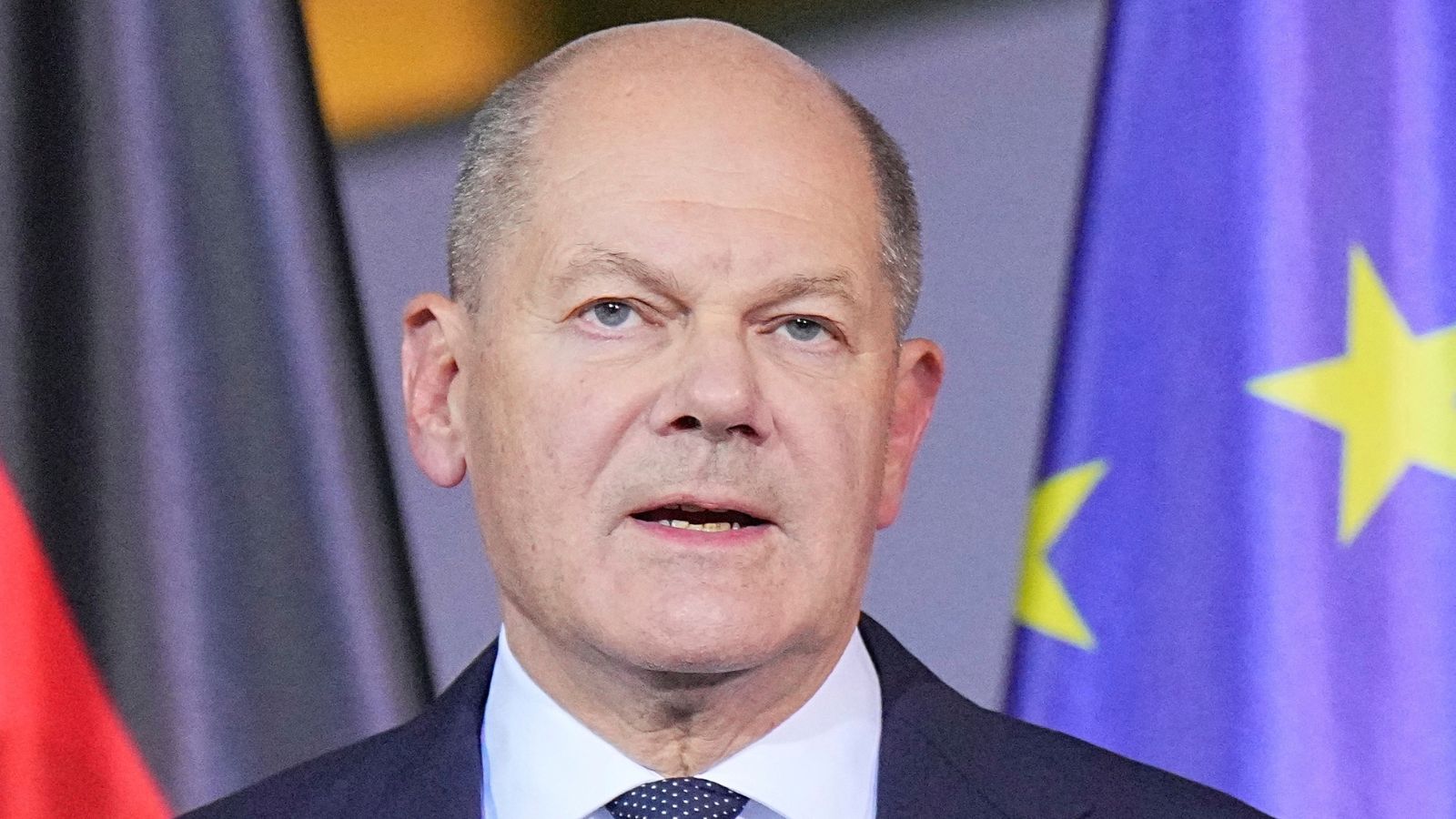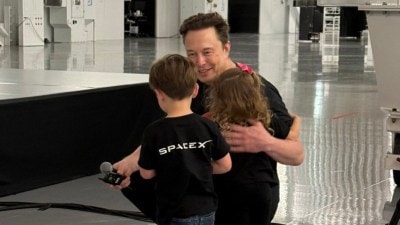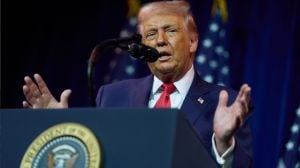Stay updated with the latest - Click here to follow us on Instagram
Germany’s Scholz staying ‘cool’ over Musk’s ‘erratic comments’, worries support for AfD
"I find Musk's support for the AfD far more concerning than his insults," Scholz said, "especially as the party harbours elements of right-wing extremism"
 German Chancellor Olaf Scholz speaks after a crisis meeting of the coalition committee in Berlin, Germany. (AP photo)
German Chancellor Olaf Scholz speaks after a crisis meeting of the coalition committee in Berlin, Germany. (AP photo)German Chancellor Olaf Scholz said recent attacks from Elon Musk on him and some of the country’s other leading politicians don’t affect him or the nation’s democracy. However, he expressed concern over the US billionaire’s involvement in a general election through his endorsement of the far-right Alternative for Germany (AfD) party.
“As Social Democrats, we have been used to the fact since the century before last that there are rich media entrepreneurs who don’t appreciate social democratic politics — and don’t keep their opinions to themselves,” Scholz told Stern magazine.
“It’s nothing new when it comes down to it. You have to stay cool,” he added.
Musk, a close ally of US President-elect Donald Trump, labelled the chancellor a “fool” following the collapse of his coalition government in November. He further stirred a controversy by subsequently endorsing the AfD in an opinion piece published in a major German newspaper, Welt am Sonntag, prompting the resignation of the paper’s opinion editor, Eva Marie Kogel, in protest.
“The Alternative for Germany (AfD) is the last spark of hope for this country,” Musk wrote in his translated commentary. He justified his remarks by citing his investments in Germany as grounds for expressing opinions on the nation’s affairs.
“I find Musk’s support for the AfD far more concerning than his insults,” Scholz said, adding, “especially as the party harbours elements of right-wing extremism, advocates closer ties with Putin’s Russia, and seeks to undermine transatlantic relations.”
Germany’s domestic intelligence service monitors the AfD on suspicion of Right-wing extremism, and the party has already been classified as such in certain federal states.
The early parliamentary election, scheduled for February 23, follows the collapse of Scholz’s three-party coalition in November over disagreements on how to revive Germany’s stagnant economy.
Despite strong polling, AfD candidate Alice Weidel is unlikely to become chancellor, as other parties have categorically ruled out cooperating with the far-right party.
- 01
- 02
- 03
- 04
- 05































